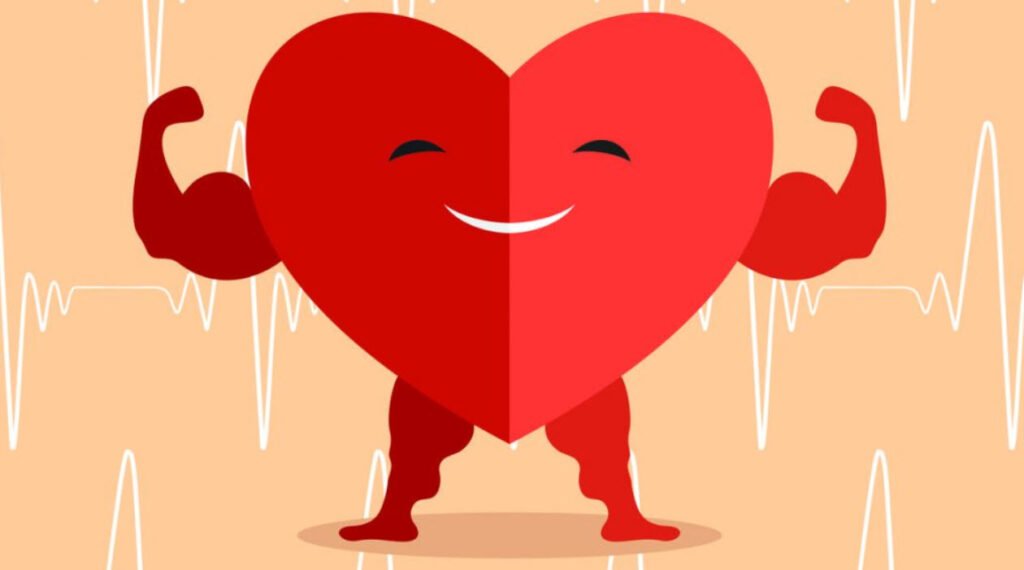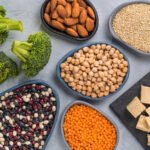Maintaining a healthy heart is of paramount importance to overall well-being, and diet plays a crucial role in supporting cardiovascular health. While fish oil is often hailed for its heart-boosting properties, there are other key nutrients that deserve recognition for their potential benefits.
In this article, we will explore five heart-healthy nutrients, excluding fish oil, that can contribute to a strong and resilient heart.
1. Magnesium:
Magnesium is an essential mineral that plays a vital role in various bodily functions, including muscle and nerve function, blood pressure regulation, and energy production. It also supports heart health by helping to maintain a steady heartbeat and normal blood pressure levels.
Research suggests that adequate magnesium intake may reduce the risk of heart disease and stroke. Good dietary sources of magnesium include nuts, seeds, leafy greens, and whole grains.
2. Turmeric:
Turmeric is a spice renowned for its vibrant color and potent anti-inflammatory properties, thanks to its active compound called curcumin. Curcumin has been shown to have potential benefits for heart health by improving blood vessel function, reducing inflammation, and supporting overall cardiovascular function.
Incorporating turmeric into your diet, either through spice usage or as a supplement, may aid in maintaining a healthy heart.
3. Vitamin D:
Vitamin D is essential for bone health, but emerging research also suggests a potential link between vitamin D levels and heart health. Studies indicate that adequate levels of vitamin D may help reduce the risk of heart disease, lower blood pressure, and improve overall heart function. Sources of vitamin D include sunlight exposure, fortified foods, fatty fish, and supplements.
4. Red Yeast Rice:
Red yeast rice is a traditional Chinese fermented product made by fermenting rice with red yeast. It contains a compound called monacolin K, which is similar to lovastatin, a cholesterol-lowering medication. Red yeast rice supplements may help lower cholesterol levels and support heart health by managing cholesterol levels within a healthy range.
It’s essential to consult with a healthcare professional before using red yeast rice supplements to ensure safety and appropriate dosage.
5. Coenzyme Q10 (CoQ10):
CoQ10 is a naturally occurring antioxidant and a crucial component of the energy-producing processes within cells. It also helps protect cells from damage and supports heart health by promoting optimal cardiovascular function.
CoQ10 supplements have been associated with improved heart health, reduced blood pressure, and enhanced exercise performance. Incorporating CoQ10-rich foods like fish, meat, and whole grains into your diet can also support heart health.
Incorporating these heart-healthy nutrients into your diet, whether through food sources or supplements, can be a proactive step towards maintaining a healthy heart.
However, it’s essential to remember that while these nutrients may offer potential benefits, a well-rounded, heart-healthy diet, regular physical activity, and consulting with a healthcare professional are essential components of a comprehensive approach to cardiovascular well-being. Always seek personalized advice and guidance before making significant changes to your diet or lifestyle.



